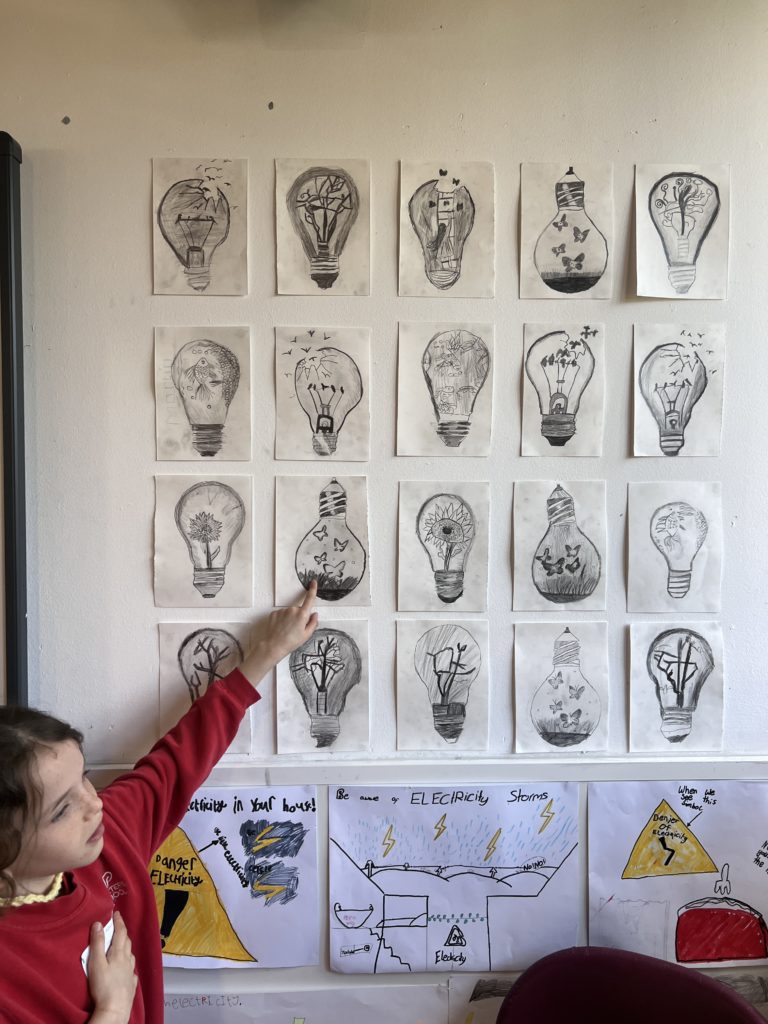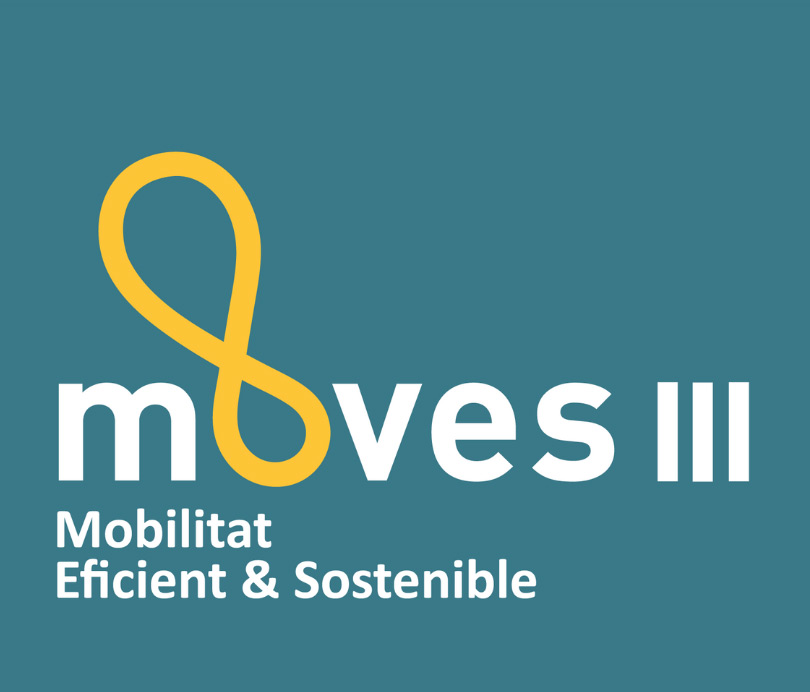by Lourdes Barceló, head of Education
In an age marked by unprecedented technological advancement, St PETE’RS has long recognized the importance of integrating computing, robotics, artificial intelligence, and other exponential technologies into the curriculum. However, we have never lost sight of the essential disciplines of the humanities. Our educational ethos embraces the principles of transhumanism, acknowledging consciousness as a defining trait of our species and recognizing literature as a critical lens through which to explore the human condition.
Our aim is to equip students for both personal and academic success in an increasingly globalized, rapidly changing world. We strive to instill in them a sense of rootedness and resilience, enabling them to navigate life’s challenges with poise and courage. Moreover, we aspire to cultivate cultural literacy, nurturing their cognitive abilities to appreciate the nuances of high-level texts, whether they be works of art or mathematical equations.



The cultivation of culture and appreciation for beauty stand in stark contrast to the prevailing ethos of competitiveness and utilitarianism. As espoused in the Ljubljana Manifesto, our focus is on fostering deep reading comprehension skills. Mere awareness of fake news or attempts to limit screen time are insufficient; what is needed are avenues for intellectual engagement with literature, scholarly articles, and scientific texts.
The perils of our hyperconnected world extend beyond the specter of constant manipulation, leading to a dangerous superficiality wherein reading becomes a passive consumption of anecdotes rather than a deliberate, thoughtful exercise. At St PETER’S, we believe that form and content are inseparable, and that navigating texts with intellectual rigor is essential for the development of critical thinking skills and personal growth.
True self-confidence stems not only from external validation but also from a profound understanding of one’s cognitive capabilities and the ability to engage with ideas. As we confront the challenges of the digital age, we are reminded of the importance of our humanity, our connection to nature, and the enduring value of curiosity and knowledge.



While it may be tempting to compartmentalize knowledge into different disciplines, the interplay between the sciences and the humanities reveals a richness and complexity that transcends artificial boundaries. Information, knowledge, the human brain, societies, and who knows if the universe, traverse a system of intricate connections that must be acknowledged through language.
Our connection with nature roots us in our environment, moulding our essence, while our reverence for the arts and culture sets us apart as a species. It’s the deep comprehension of language that enables us to partake in intricate, introspective conversations, thus emboldening us to analyse thoughtfully and embrace our freedom.


















